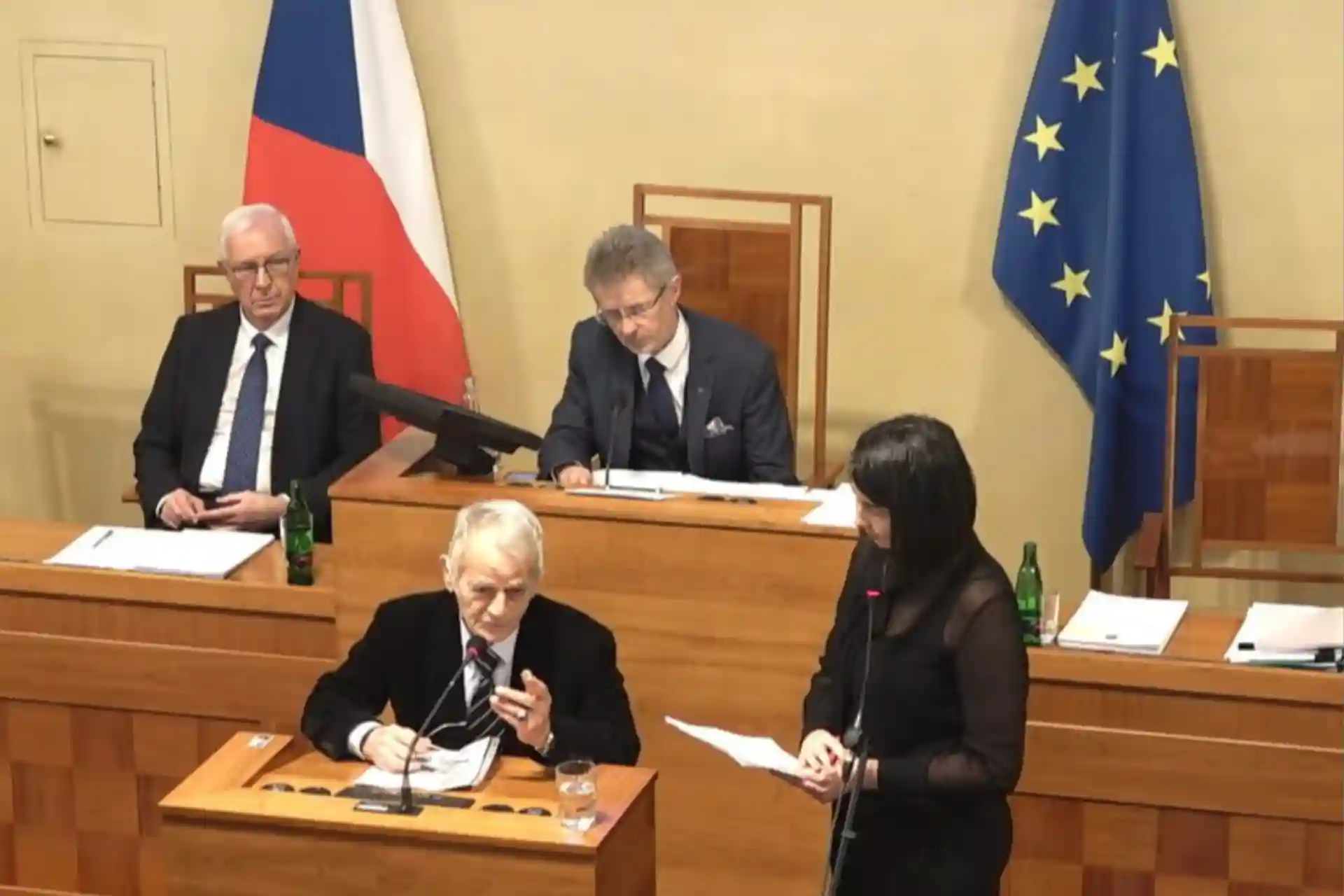19.12.2024 11:41
Czech Senate recognizes deportation of Crimean Tatars as genocide
The upper house of the Czech parliament, the Senate, has recognized the deportation and murder of Crimean Tatars by the Soviet government in 1944 as genocide. The decision marks a significant step in the Crimean Tatars' long-standing struggle for historical justice.
On May 11, 1944, Joseph Stalin signed a decree "On the deportation of Crimean Tatars from Crimea." The Crimean Tatars were branded as "collaborators with the Nazis," and mass deportations began on May 18. Over the course of three days, about 200,000 Crimean Tatars were forcibly removed from their homes in their homeland and sent to various regions of Central Asia and Russia.
According to the Crimean Tatar National Movement, 46.2 percent of the deportees died of hunger and disease on the way and at their destinations. The victims were mainly women, children, and the elderly.
Before the Czech Senate, countries such as Ukraine, Latvia, Lithuania, Canada, Poland and Estonia had recognized the deportation of Crimean Tatars as genocide. These decisions are important in the international recognition of the oppression suffered by this people.
In 1989, the Supreme Soviet of the USSR declared the deportation of Crimean Tatars illegal and criminal. However, after Russia annexed the Crimean peninsula in 2014, pressure on the Crimean Tatars intensified.
May 18, 2024 marks the 80th anniversary of the deportation of the Crimean Tatars. To mark the date, a large memorial rally was held in Germany, where Crimean Tatar activist Elvis Cholpukh called on Germany to officially recognize the forced relocation as genocide.
The Czech Senate's decision is expected to be supported by other countries. The move could be an important step towards justice for the Crimean Tatars and bringing their painful history to the world.

